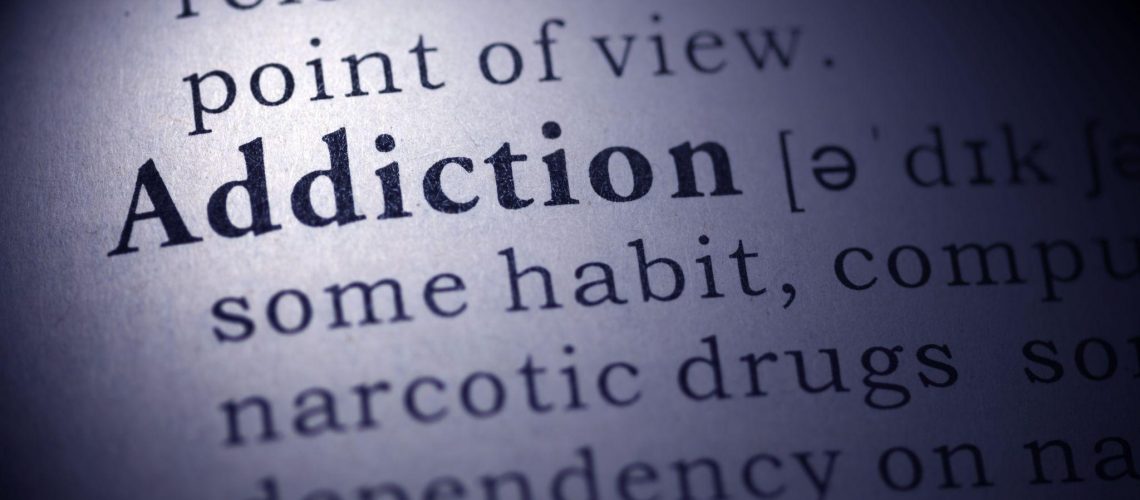It’s not always easy to distinguish between an unhealthy habit and an addiction. The lines can be easily blurred. This is especially true with alcohol, which is both legal and generally viewed as socially acceptable in the US.
Addiction occurs on a spectrum, so it can be hard to know when regular use becomes problem use. In most cases, however, an addiction starts off as a habit.
With time you might find yourself using more of a substance to achieve the same effect. Eventually you may need to use it just to feel normal. This can happen with a variety of chemical substances, from nicotine to alcohol to anti-anxiety medications.
To determine whether an unhealthy habit has moved into the realm of addiction, it’s important to define both terms. With this information, you can decide whether it’s time to get addiction treatment.
What Is a Habit?
A habit is a behavior you repeat regularly. It typically begins with a cue, which becomes a routine, which offers a reward.
A habit can be something as benign as brushing your teeth before bed every night or as serious as drinking alcohol to cope with negative emotions. They can become harder to give up the longer you stick with them. But it doesn’t mean all habits are unhealthy.
What Is an Addiction?
Addictions are much more powerful than habits. The National Institutes of Health defines substance addiction as “a chronic disease characterized by drug seeking and use that is compulsive, or difficult to control, despite harmful consequences.”
While both habits and addictions can impact the reward center of the brain, repeated or heavy use of substances like alcohol, benzodiazepines, or cocaine is much more likely to have serious consequences on a person’s brain health and interpersonal life.
Knowing the Difference
The American Psychiatric Association explains that substance use disorders disrupt a person’s ability to function from day to day. Yet it’s also true that some people can hold down a job or meet other obligations despite heavy alcohol or drug use. But this is usually short lived.
If you’re still unclear about how to tell a bad habit from an addiction, ask yourself the following questions:
- Do you often use the substance in larger amounts or for a longer period than intended?
- Do you experience strong cravings or urges to use the substance?
- Have you tried to cut down or stop using the substance, but found it difficult or impossible to do so?
- Have friends or loved ones asked you to stop or cut back?
- Do you spend a lot of time obtaining, using, or recovering from the substance’s effects?
- Are you hiding your substance use from others?
- Do you experience withdrawal symptoms like irritability or insomnia when you stop using the substance?
- Have you needed to use more of the substance to achieve the desired effects, known as tolerance?
- Do you continue to use the substance despite experiencing negative consequences, such as health problems, relationship issues, or legal troubles?
- Has your substance use caused you to neglect responsibilities or activities that were once important to you?
If you answered yes to even a few of these questions, it’s time to investigate getting help.
Breaking an Unhealthy Habit
If you feel your behavior more closely aligns with an unhealthy habit you’d like to break, here are five things to try:
Replace the bad habit with a good one – For example, if you tend to have a drink when you’re stressed, try going for a walk or calling a friend instead.
Identify the cues/triggers – For example, a cue might be driving past your favorite bar, while a trigger might be stress at work.
Create a plan – Identify strategies to help you overcome obstacles, and reward yourself for making progress.
Use positive self-talk – This can help reinforce your commitment to breaking a bad habit. Use positive affirmations, such as “I can do this” or “I am strong and capable.”
Seek support – Friends, family members, and therapists can offer encouragement and hold you accountable.
When to Get Help
If drug or alcohol use is interfering with your daily life and relationships, it’s time to get help.
Del Arroyo Recovery Center offers evidence-based addiction treatment at our luxury Southern California rehab center in Agoura Hills. We will design a tailored treatment program just for you, based on your needs. Our goal is to empower you with the tools and skills you need for long-term recovery.
Reach out today to learn more about our six-bed addiction treatment center in Agoura Hills and take the first important step toward healing and wellness.
Sources:


